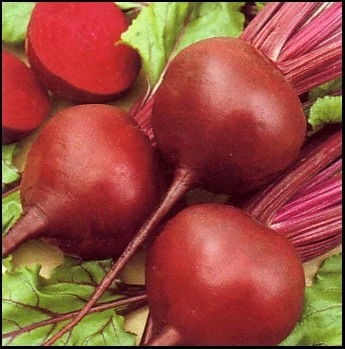Stay in Touch With Your Food
I was having a lovely cup of chai with my favorite Indian family the other morning and the father began to discuss how long it had taken India to regain food production after partition. He explained that prior to partition, all the rice and wheat for the entire population of India was grown in only one region. When partition happened, that entire region was sliced off and became Pakistan, leaving the newly amputated country of India with no ability to produce food which caused widespread hunger and malnutrition. No thought had been given to how partition would truly affect the population aside from segregating religious differences. That decision made by powers outside of India subjected the population to malnutrition until the mid-1960's when India finally was able to ensure 800 calories per person per day. Today we face more than just political maneuvering that affects our food. Many areas from which we receive food imports face unforeseen military actions, heavy metal fallout, toxic exposure, contaminated water, unregulated pesticide use, preservatives and even genetically modified cultivation. When we buy our food from local sources, these risks are minimal because we know the political and environmental issues that our local area faces. The pressure on a local farmer to utilize dangerous chemicals is nonexistent here, while in Chile or Mexico, a farmer may be desperate enough to feed his family that he will use whatever he has to that can go undetected. Food that we import is often radiated and may even be biologically treated. None of this is necessary when you buy your food locally. You may not be able to have a Fuji apple in the middle of January, but eating with the seasons has a lot of advantages for digestion, energy and metabolism.
During the World Wars, there were shortages of everything and rationing was common. My mother used to talk about how everyone had a Victory garden in order to ensure that they would have enough fresh food for their families. They knew where their vegetables came from. They had control over what section of land would be cultivated, how that land had been cared for over the years, what water source would be used for irrigation. When we buy food from areas at a distance, whether across the country or across the world, then we give up all that control. We are eating foods with no discernable history. We don't really know if what is below the rind of the cantaloupe is delicious fruit or heavy metals, toxic pesticides or artificial additives. There is also an energy that is inherent in food when you are picking it from the ground that you can feel. You know that the history of that food is a positive one.
This doesn't mean you have to give up your day job to grow enough cucumbers to populate your salads, but you can turn to local farms, especially CSA's (Community-Supported Agriculture) which can provide you with weekly produce grown right down the road. You can even volunteer time on the farm as part of your payment! What a great thing for a family to do on a day off!
But the real issue here is to maintain the continuity of food production locally. If India had been able to expand cultivation prior to partition and not focus all their food production into one area, things might have been very different. We don't want to become dependent on Mexico, Chile or even California to grow our food for us. Sharing in the creation of food is an energy that we cannot afford to lose touch with....
